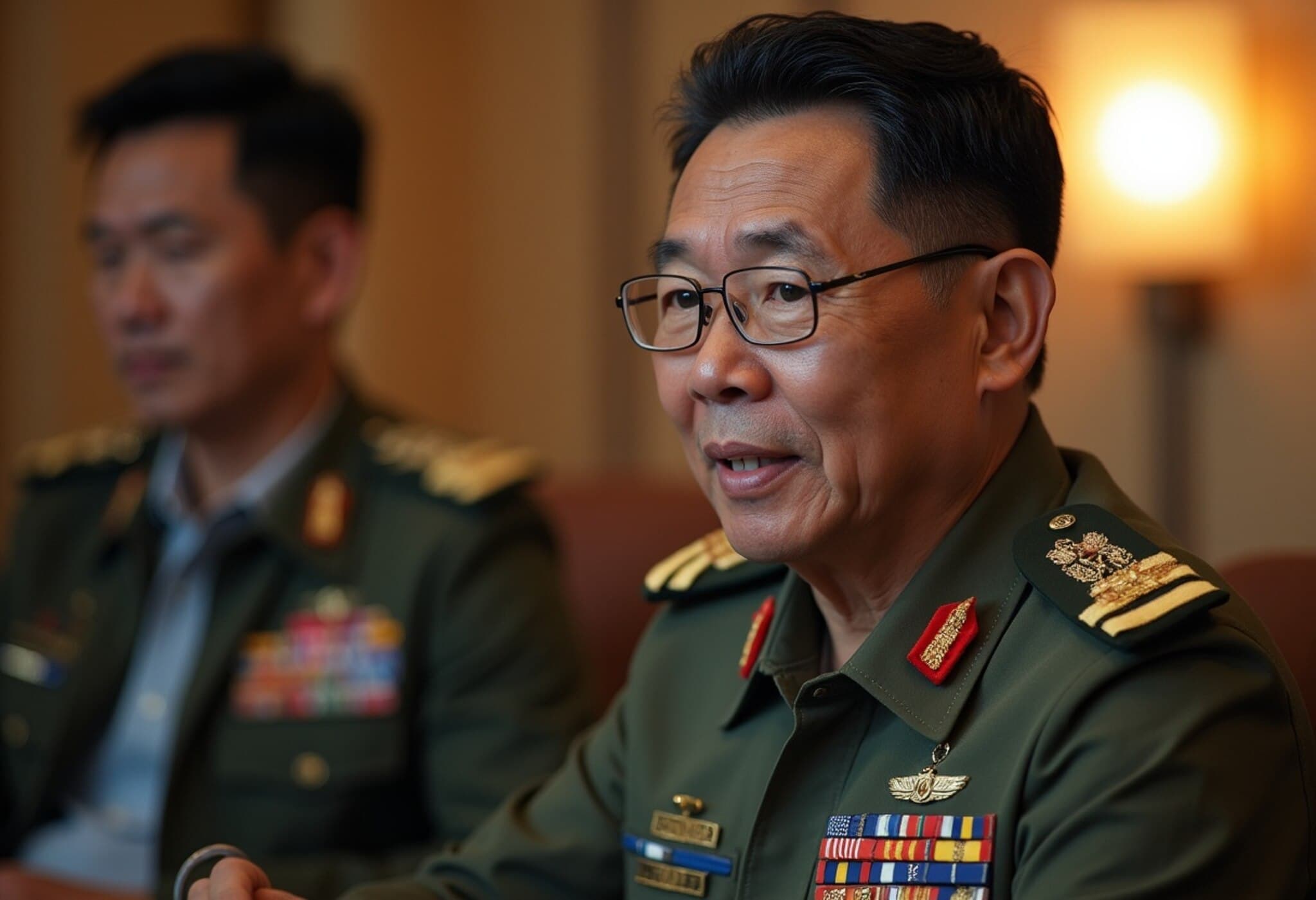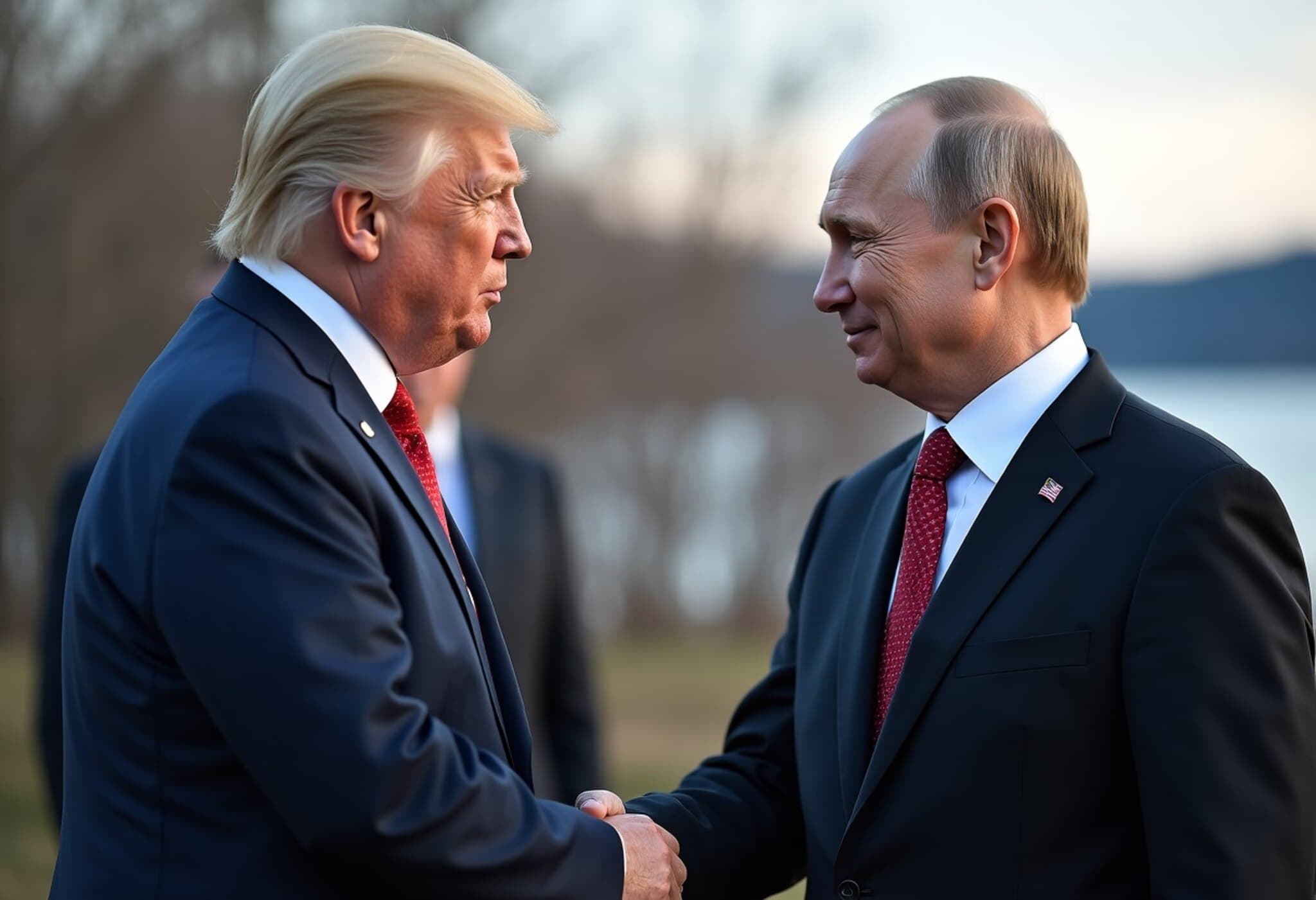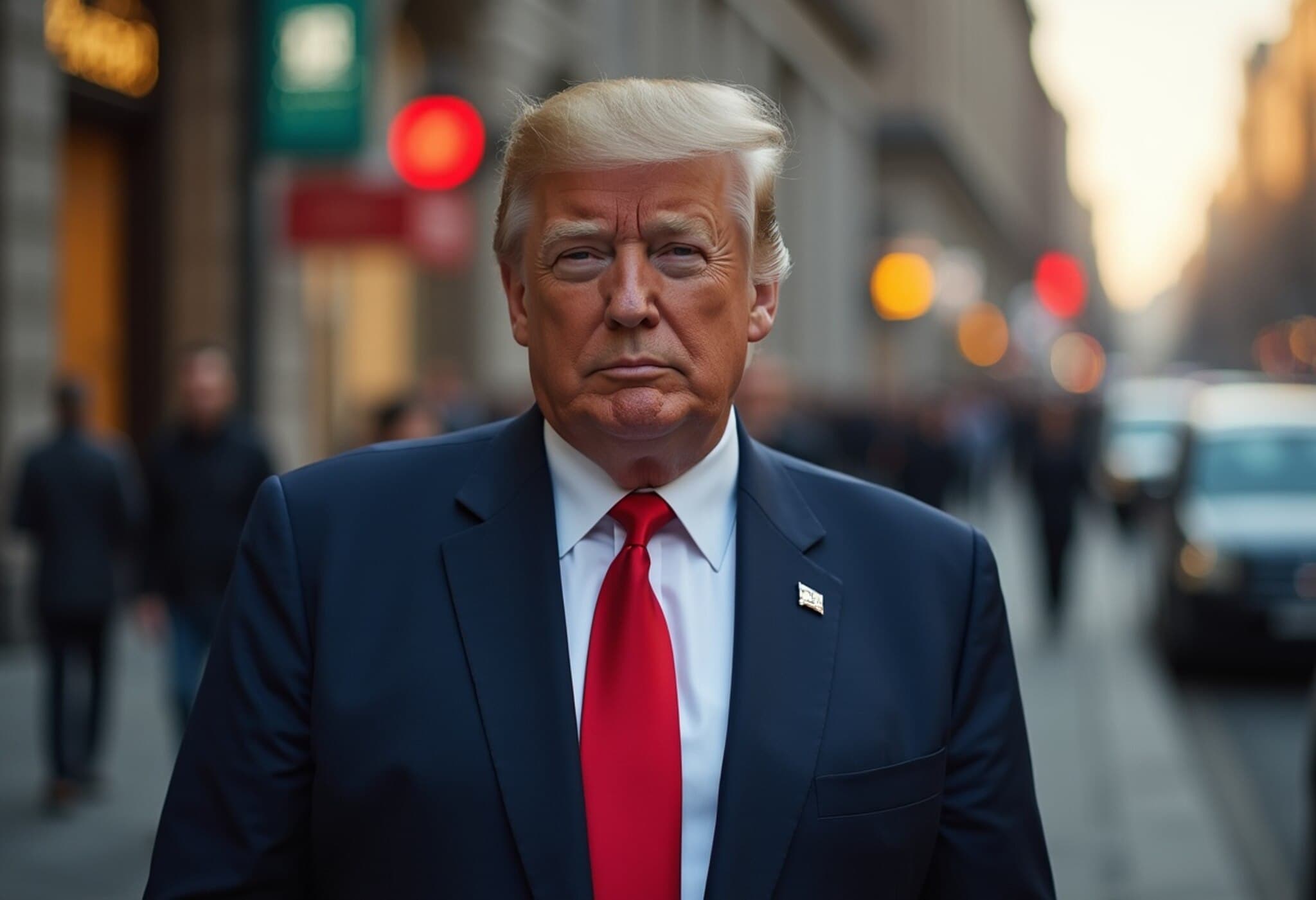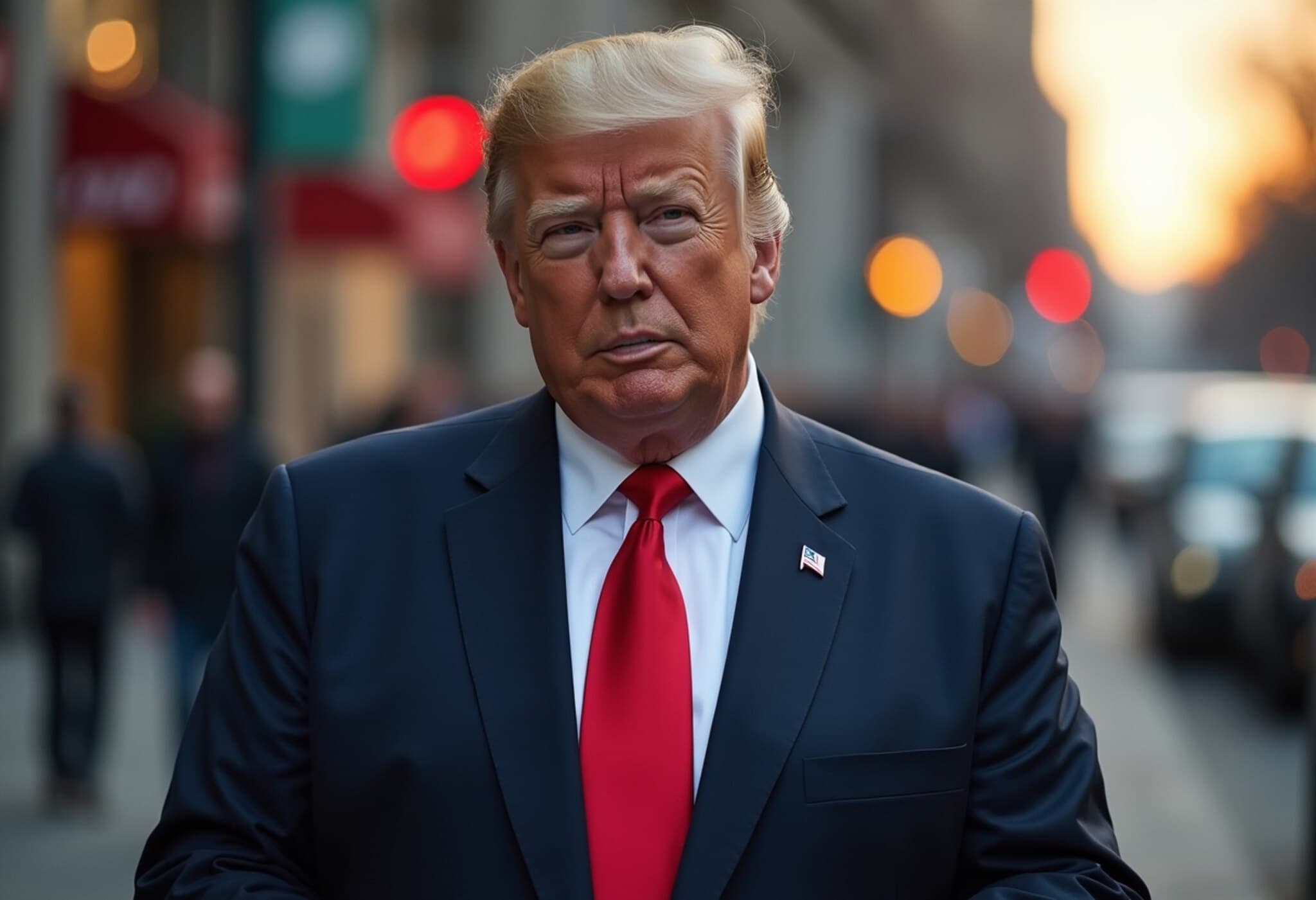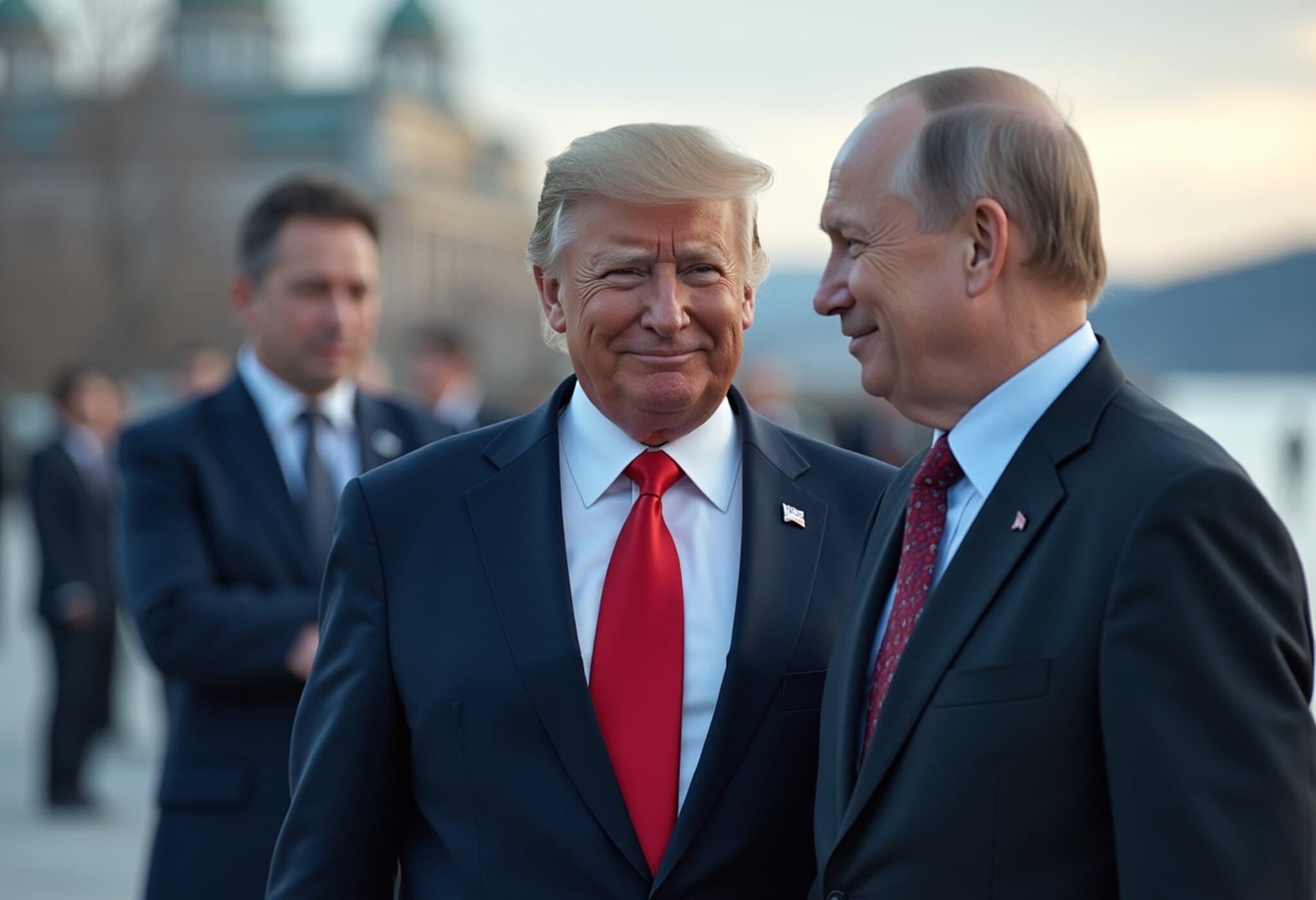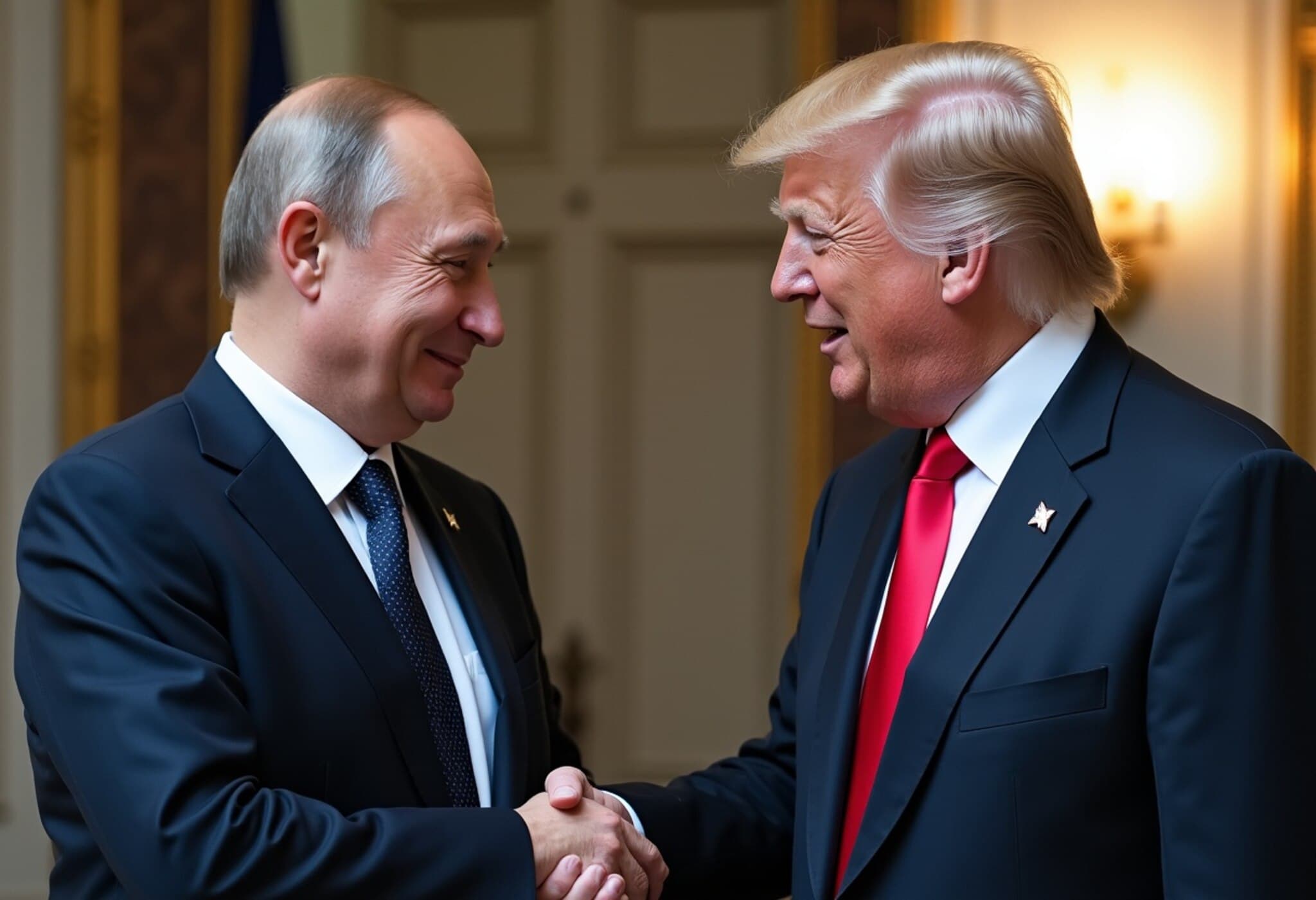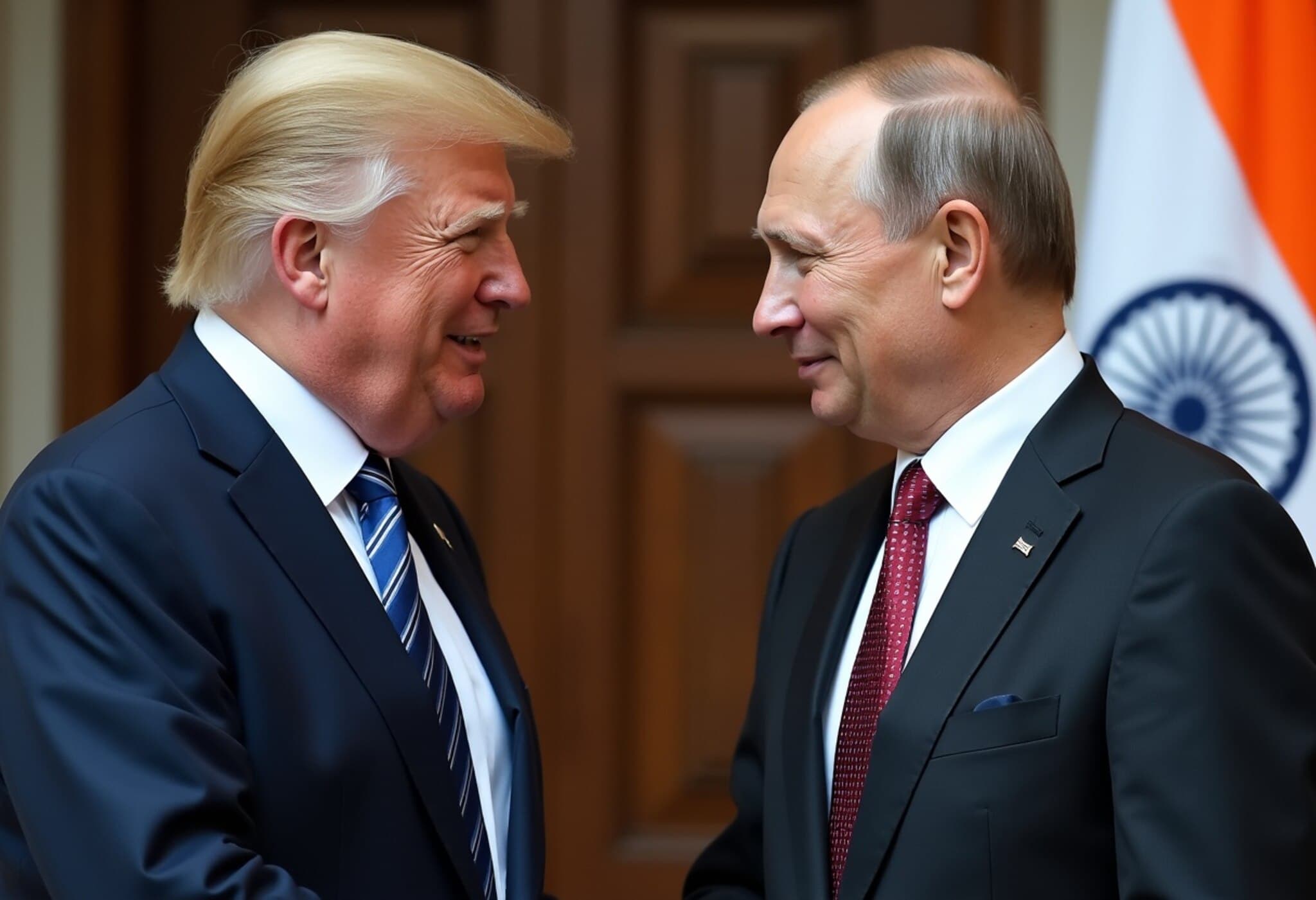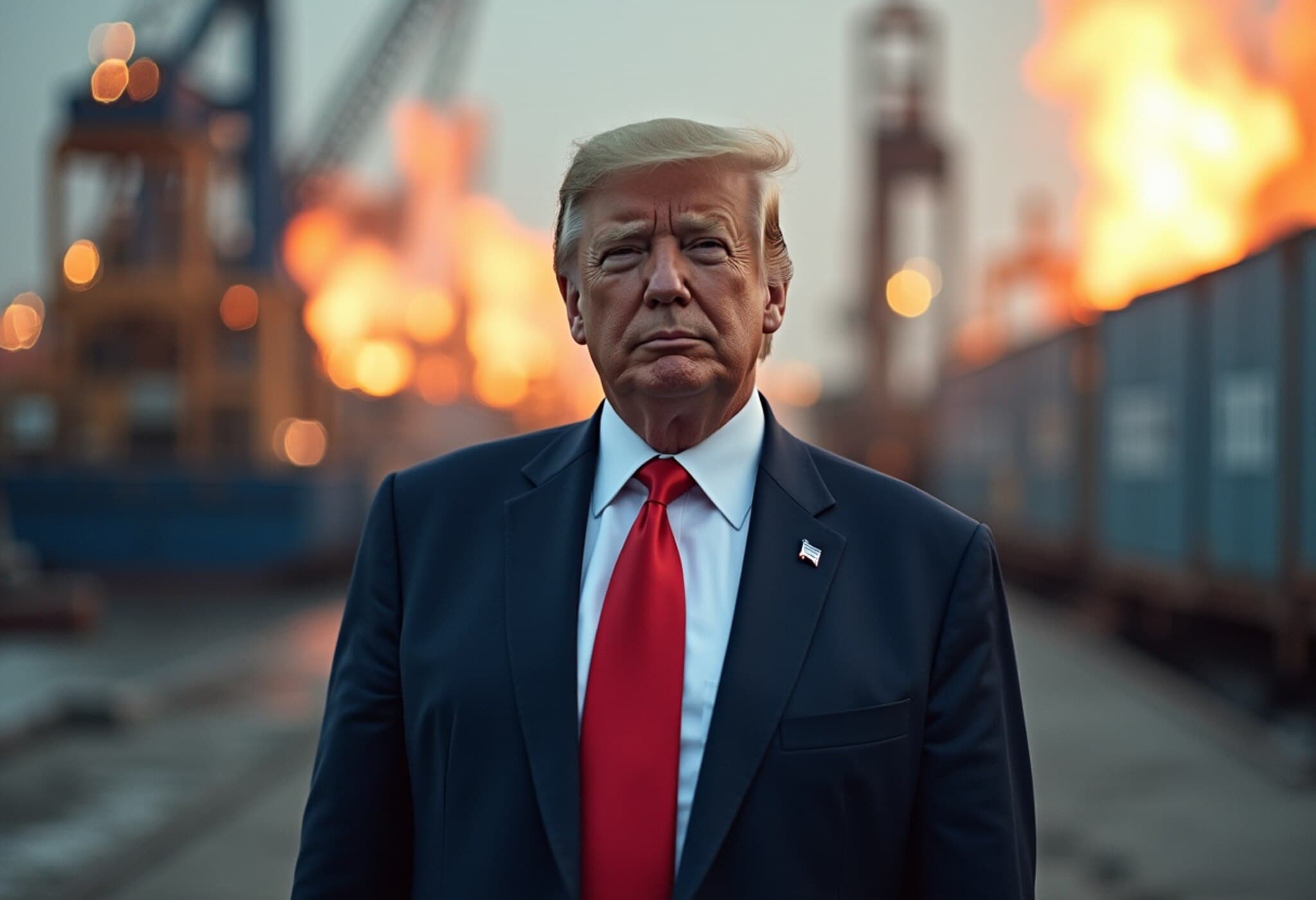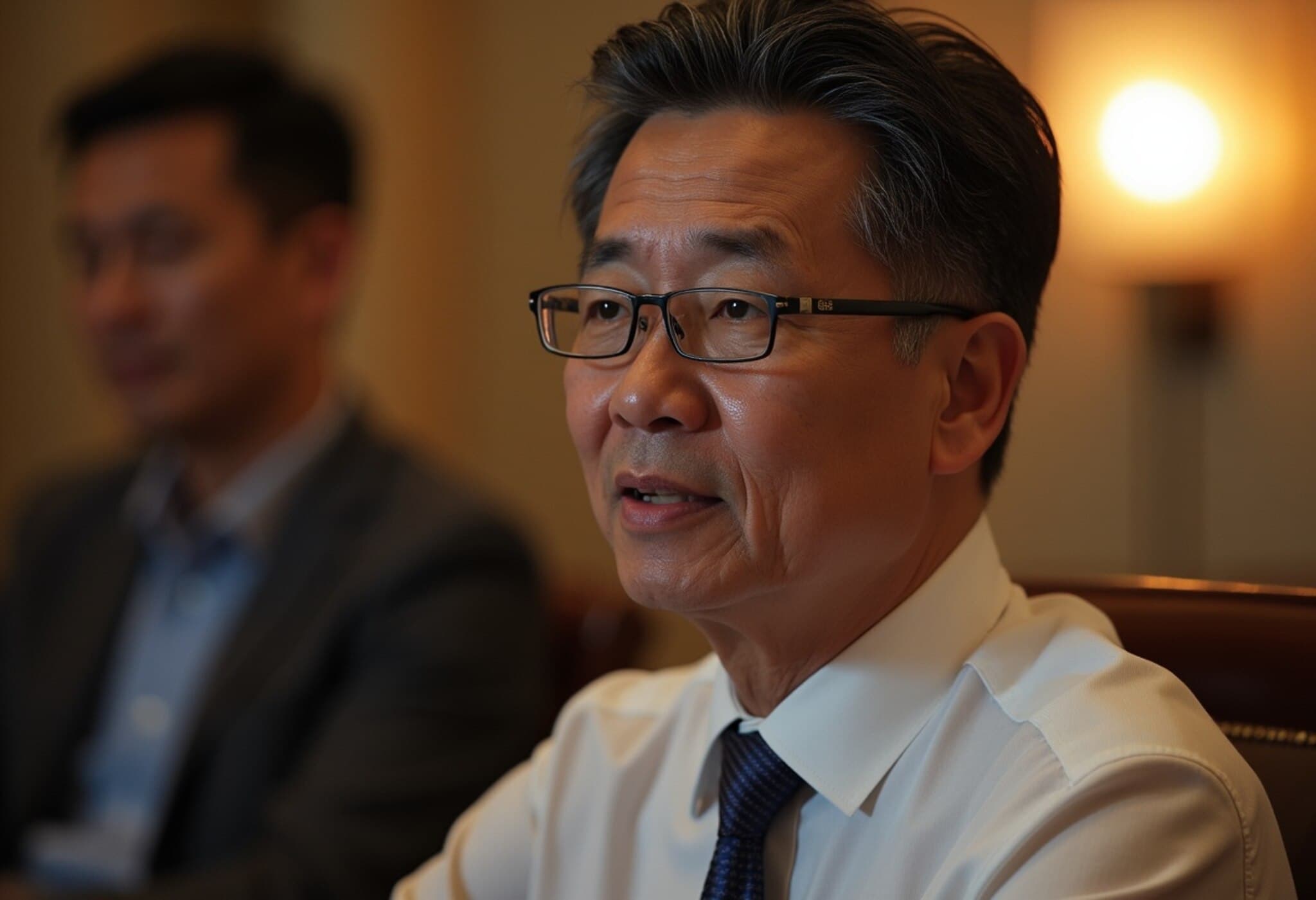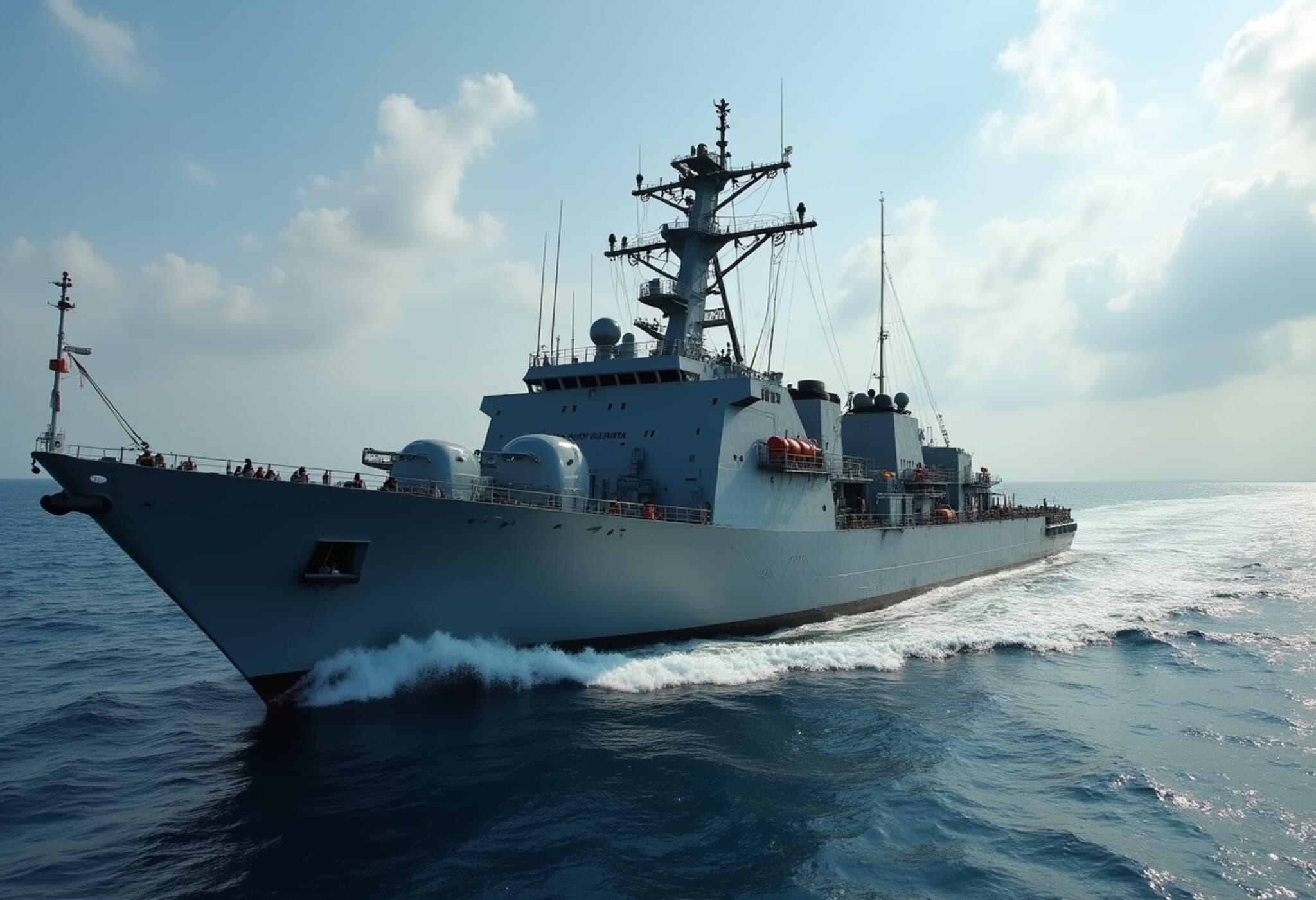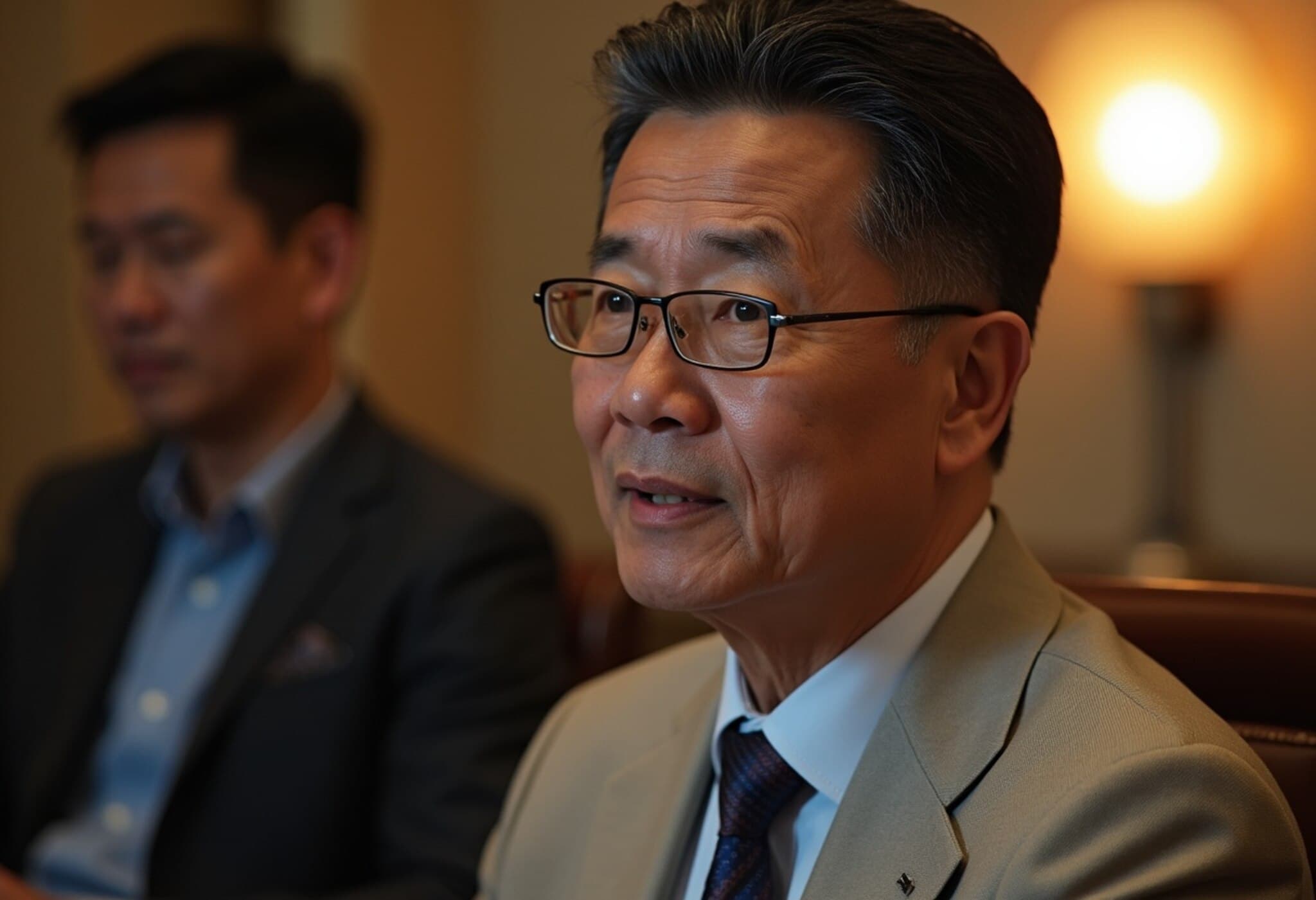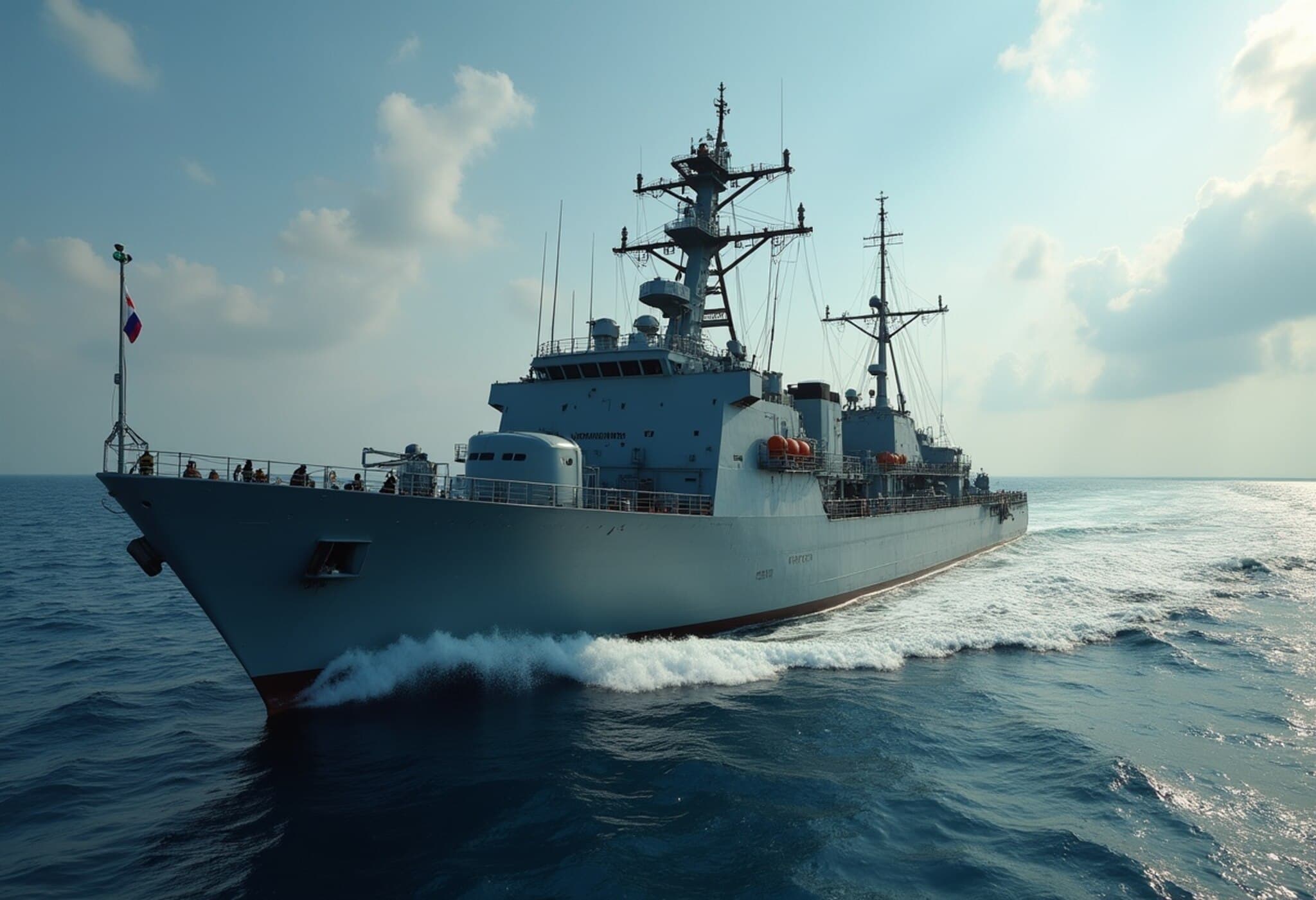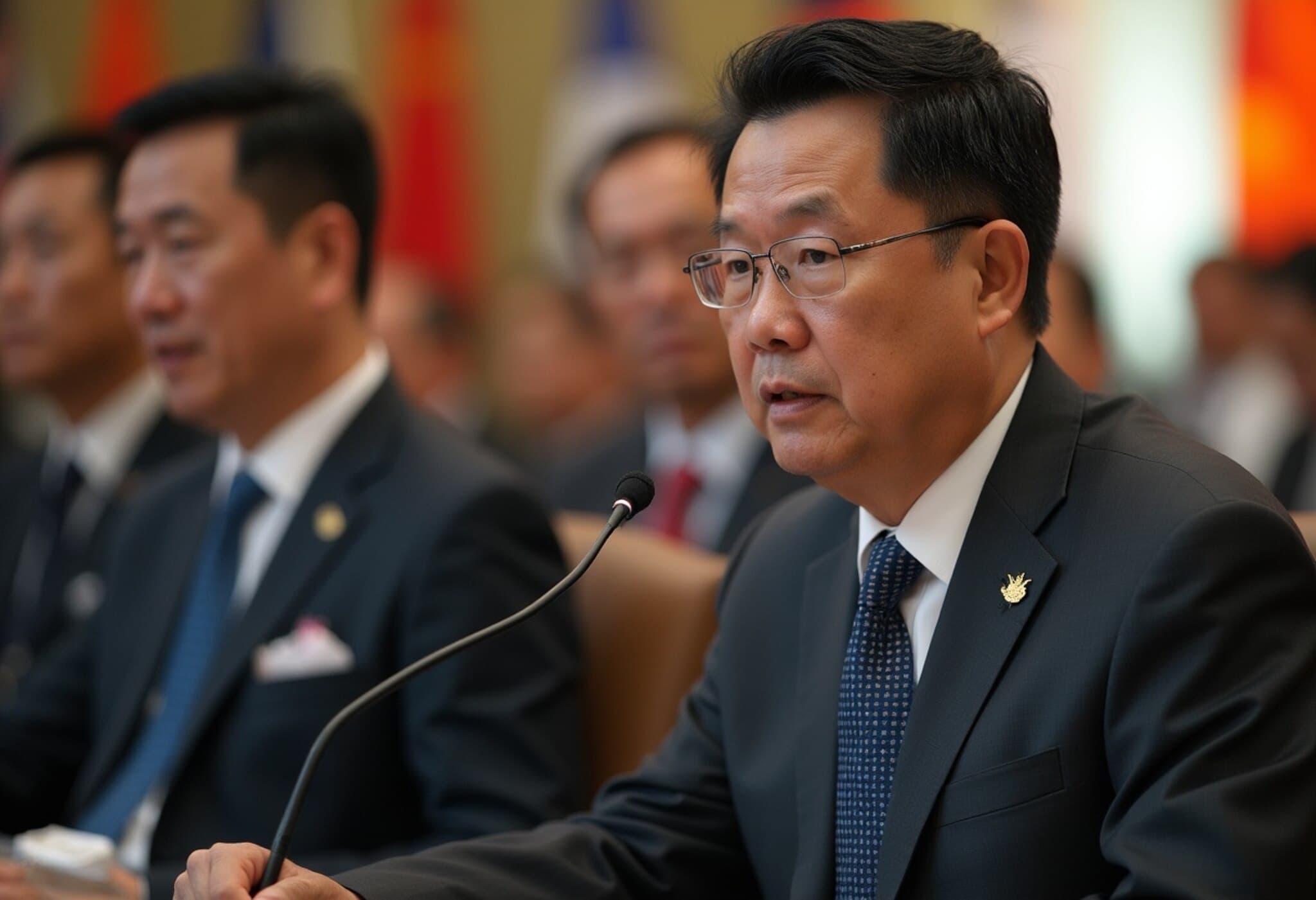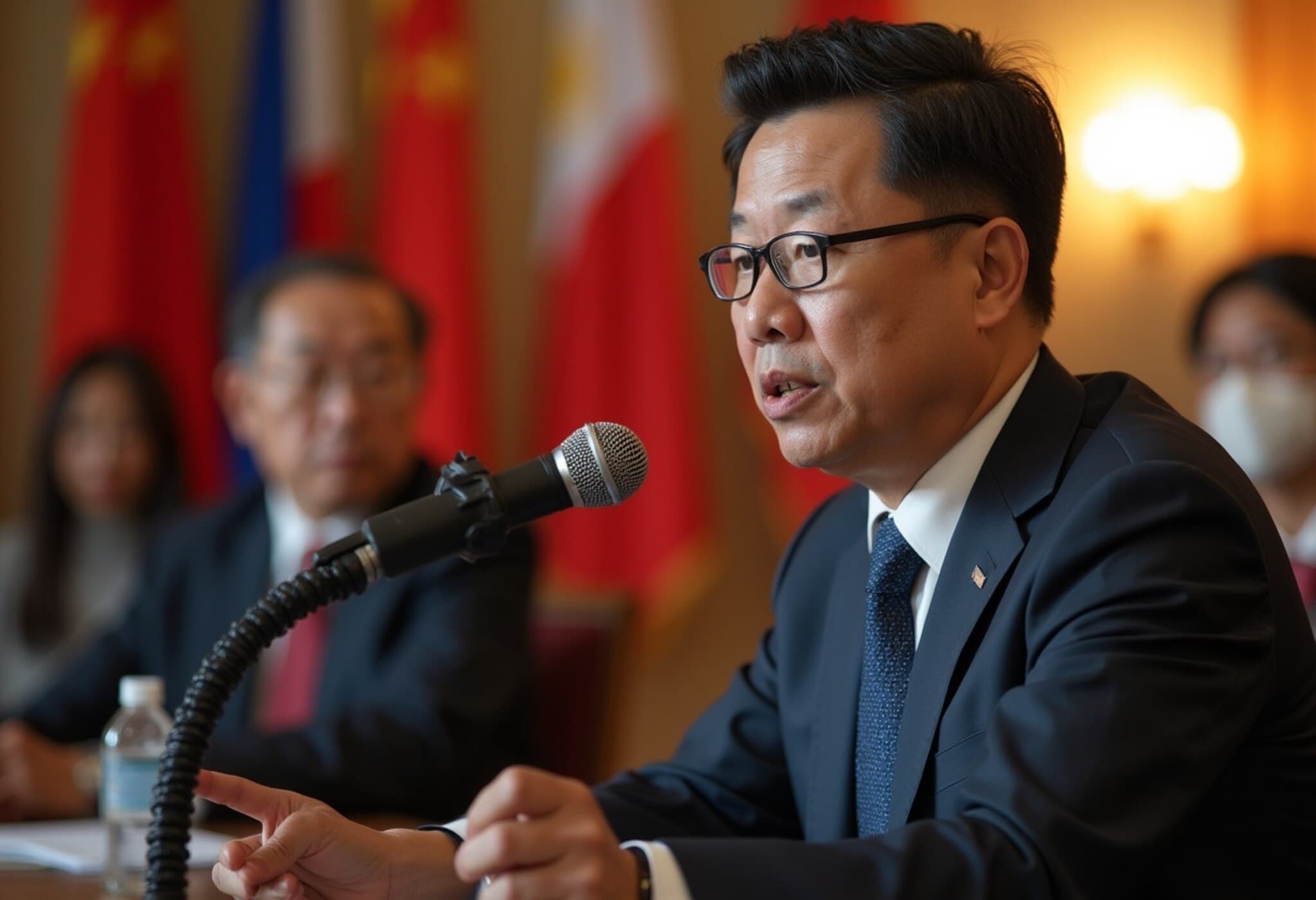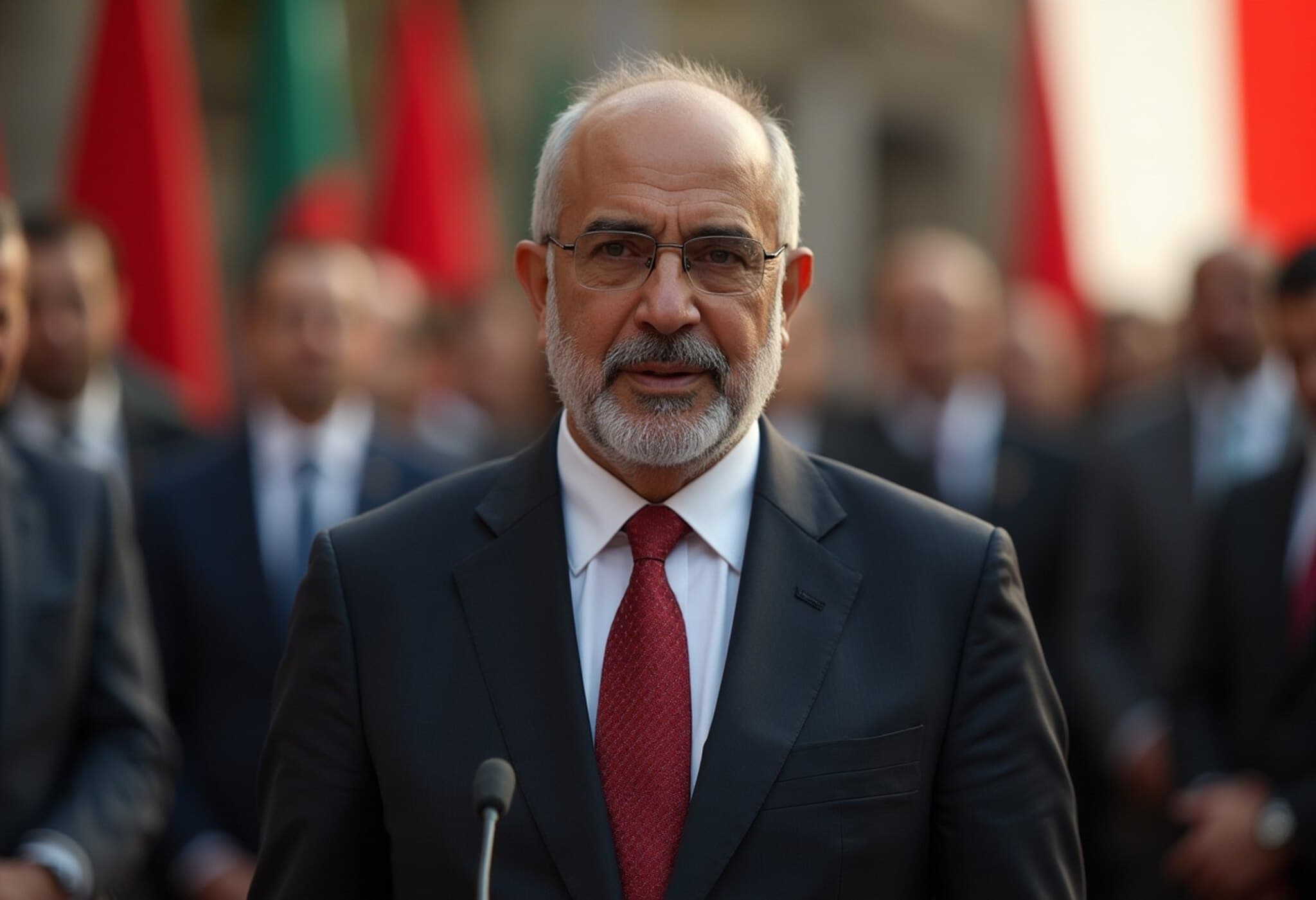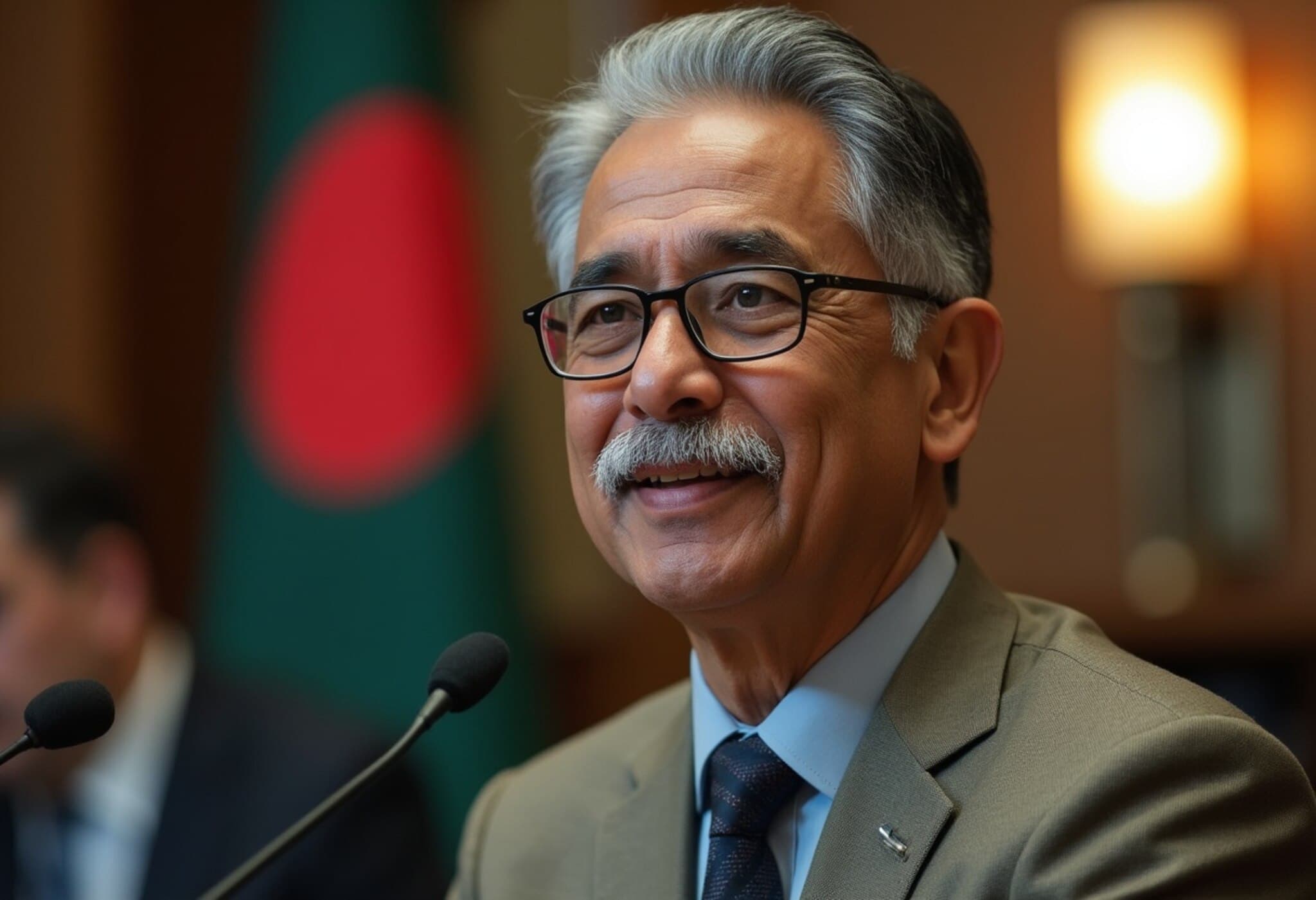Taiwan Endorses Philippine President Marcos Jr’s Stance on China-Taiwan Conflict
In a bold statement that has stirred significant geopolitical ripples, Taiwan has publicly supported Philippine President Ferdinand Marcos Jr following his recent interview where he candidly acknowledged the Philippines’ unavoidable involvement should tensions escalate between China and Taiwan.
Marcos Jr’s Unflinching Position on Taiwan Conflict
During a wide-ranging interview with Firstpost Managing Editor Palki Sharma on August 6, 2025, Marcos made it unequivocally clear that the Philippine Islands cannot remain neutral if a conflict erupts across the Taiwan Strait.
“If there is an all-out war, we will be drawn into it. We will have to go into Taiwan and bring our people home,” Marcos emphasized, highlighting the vulnerability of the large Filipino expatriate community residing in Taiwan.
His remarks underscored a pressing reality often overlooked: the Philippines’ deep human and strategic ties with Taiwan make it impossible to sidestep regional security crises.
Opening Doors to U.S. Military Support
On whether he would permit the United States to utilize Philippine military bases amid a Taiwan conflict, Marcos responded pragmatically, “Why should we turn down our partners?”
This statement signals Manila’s willingness to collaborate with its traditional ally, the U.S., to counterbalance China’s increasing assertiveness in the Indo-Pacific region. Marcos was careful to assert Philippine sovereignty, clarifying, “We are not acting as a puppet state. It is our duty to defend our country.”
Taiwan’s Ministry of Foreign Affairs Applauds Marcos’ Clarity
Taiwan’s Ministry of Foreign Affairs (MOFA) swiftly expressed its gratitude on Twitter, extending praise to Marcos for speaking “a clear truth that what happens in the Taiwan Strait affects us all.”
MOFA reiterated appreciation for Marcos’ acknowledgment of the security stakes in the Indo-Pacific and for standing alongside Taiwan in preserving peace and stability.
“President Marcos Jr’s acknowledgment is a vital recognition of the interconnected security environment of the region,” MOFA representatives said, highlighting the growing solidarity between Taipei and Manila.
China’s Fury and Diplomatic Backlash
China’s reaction was swift and vehement. The Chinese Foreign Ministry condemned Marcos’ remarks as “interference” in what Beijing categorically considers a domestic affair.
The Communist Party's official tabloid, Global Times, dismissed Marcos’ position as naive, stating, “Marcos Jr and others like him need no extra interpretation — the plain meaning should be easy enough to grasp.” This reflected Beijing’s growing intolerance toward international acknowledgment of Taiwan’s autonomy.
Contextualizing the Tensions: Strategic and Regional Implications
- China’s Assertive Deadline: President Xi Jinping has ordered the Chinese military to be ready to take Taiwan by force by 2027, escalating regional alarm.
- The Philippines’ Strategic Role: Sitting at the heart of the South China Sea, the Philippines’ stance is critical in the unfolding Indo-Pacific security landscape.
- U.S.-Philippines Relations: Renewed openness to U.S. military presence underscores Manila’s determination to strengthen alliances amid Chinese pressure.
- Human Element: Over 200,000 Filipinos work and live in Taiwan, anchoring Manila’s security concerns in protecting its citizens abroad.
Expert Insight: What This Means for Indo-Pacific Stability
Regional security analyst Dr. Elena Ramirez notes, “Marcos’ candid acknowledgment reflects a growing realism among Southeast Asian leaders: neutrality is increasingly untenable. Manila’s willingness to cooperate with Washington without forfeiting sovereignty sends a nuanced message to Beijing.”
As tensions escalate, this episode serves as a bellwether for how smaller regional players navigate the precarious balance between major powers.
Looking Ahead: Crucial Questions Remain
Marcos Jr’s remarks have opened new avenues for public debate about the Philippines’ security strategy amidst rising China-Taiwan tensions. Key questions emerge:
- How will China respond diplomatically and militarily to increased regional pushback?
- What role will the United States play in facilitating regional defense collaborations without provoking conflict?
- How will ASEAN nations recalibrate their own policies in light of shifting geopolitical currents?
- What are the implications for the millions of expatriates and foreign workers embedded across contested territories?
Editor’s Note
President Marcos Jr’s forthright approach underscores a pivotal moment in Indo-Pacific geopolitics. It reveals not just the Philippines’ strategic realities but also the human dimension often sidelined — the millions whose lives hinge on these great power struggles. Taiwan’s supportive stance marks a rare moment of regional alignment, while China’s sharp rebuke signals an increasingly fraught diplomatic environment.
As tensions in the Taiwan Strait persist, understanding the nuanced positions of regional players like the Philippines becomes essential for anyone seeking to grasp the future of peace and conflict in this volatile corridor.

